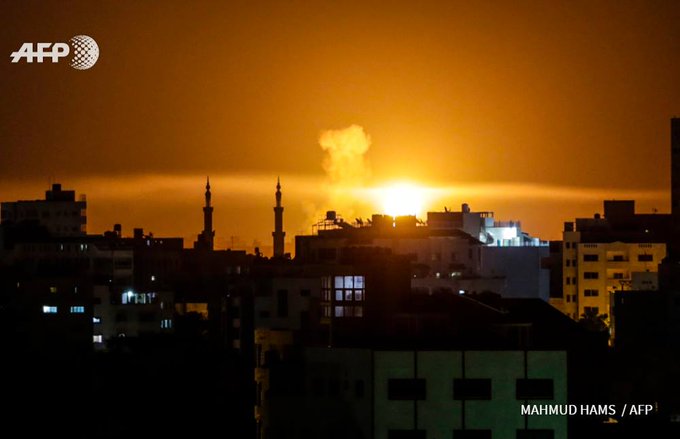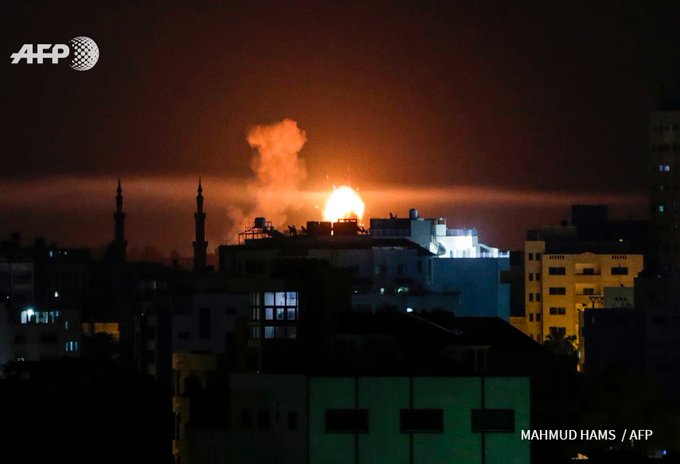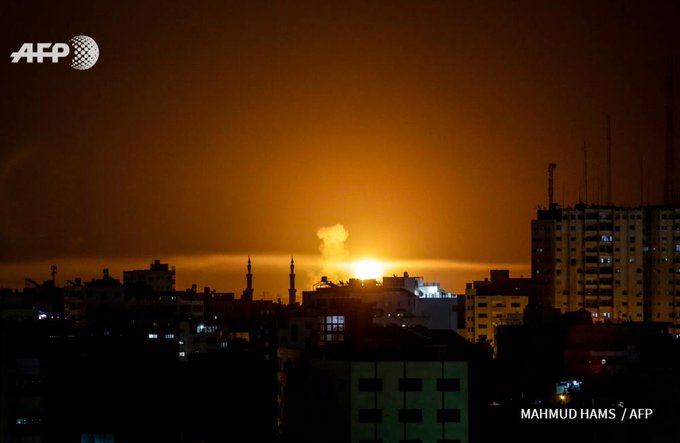On June 2, warplanes of the Israeli Air Force (IAF) conducted a series of airstrikes on positions of the Palestinian Hamas Movement in the Gaza Strip, according to Palestinian activists. The Palestine Shehab News Agency (SNA) revealed that the airstrikes had targeted the positions of Ayn Jalut and al-Yarmouk in the southern and northern parts of Gaza.
Earlier, the Israeli military announced that Palestinian fighters launched two rockets from the Gaza Strip at Israeli settlements east of it. According to the Israeli military, the Iron Dome anti-rocket system intercepted one of the rockets while the other fell within Gaza.
Following the IAF airstrikes, rocket sirens were heard in several Israel settlements north and east of the Gaza Strip. Israeli media said that Palestinian fighters launched a second salvo of rockets, and that the Iron Dome intercepted at least one of them. Later, the Israeli military confirmed these claims.
Observers believe that the situation may escalate in the upcoming hours, as both Israel and the Hamas Movement appear to be determined to deter each other by force. The last week witnessed a similar military confrontation, during which dozens of rockets were launched from the Gaza Strip, while the IAF destroyed dozens of Hamas positions.




Comments
Post a Comment